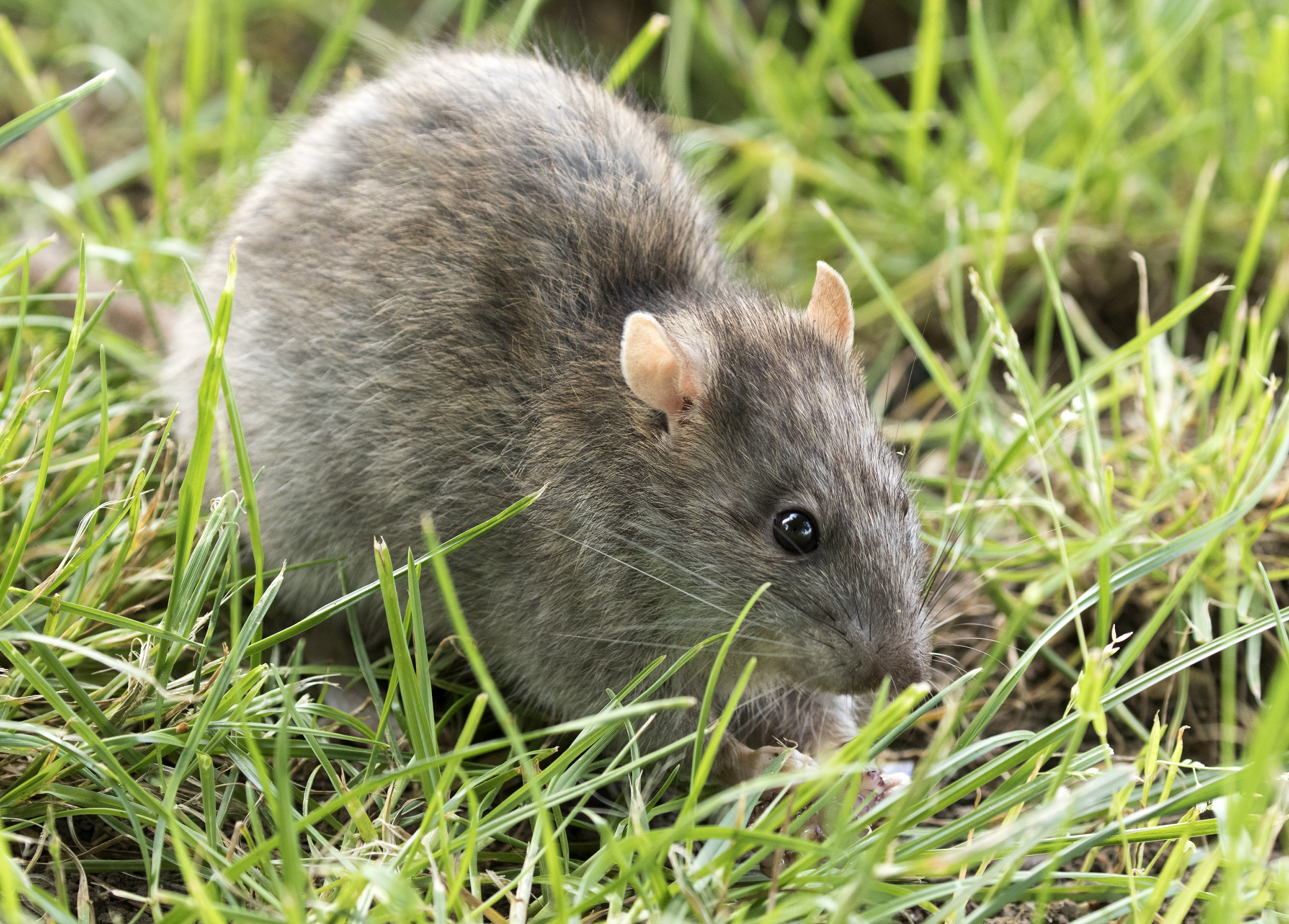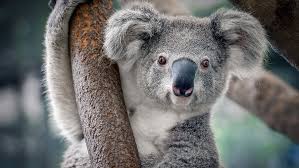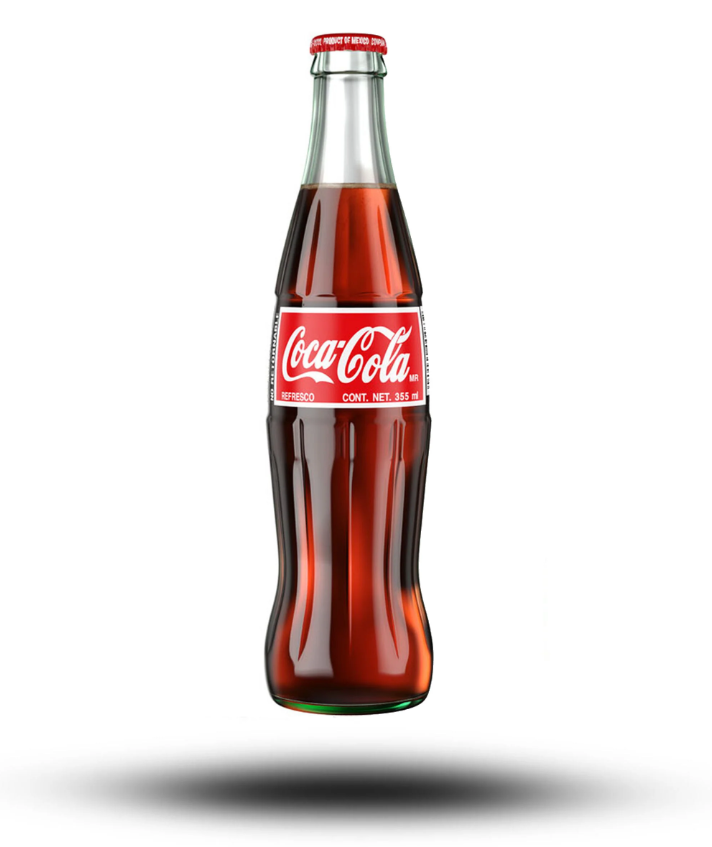
2024-06-22
Generalists cover a large area, face more competition and are really flexible in meeting their needs. In the animal world, they generally can survive in a variety of places and can eat a lot of different foods. Tolerate hot and cold, wet and dry. They mostly don't really get effected by change that much. A good example is a rat or humans.

Specialists who occupy a smaller territory face less competition and can only eat particular foods they are as well more prone to extinction, like diminishing food or a change of the land. In general they like stable environmental conditions where they can thrive like the tiger salamander who only breeds in ponds where there are no fish, they love environments where there are particular requirements are met. The Koala who only eats eucalyptus.

Gause’s Law states that perfect competition between two species requiring the same resources to survive in the same niche is impossible. If two Species hunting the same animal and one species will only get a small advantage will, over the long run one will have a huge advantage -> the solution is that they are slowly specializing to require different resources.
General inventions are like the light bulb or telephone, they are useful for everyone. Specialists can't follow that quick because the environment changes, and they are heavily depended on it. If you are a generalist in this new environment, you need to lock up as much territory as possible before other generalist arrive. You will face competition every day, surviving is a struggle and a constant fight for market share is happening Specialized inventions focus on smaller niches which are hard to dislodge, if your invention fills this niche there is little incentives for other people to develop a competing product. You have less competition if the environment stays stable, if it changes the stress explodes, and you go extinct like certain animals have in the past. An example could be the manufacture of drums.
In the early days faxing needed a specialist niche because at first it could not compete with the early generalist telegraph. The telegraph was easy to use, had an easy infrastructure, lower cost and people who already used it. So first you search for a specialized niche, in this case sending photographs which was way faster with fax. After some time, the fax was able to survive.
Evolutions is not entirely random. A bat has skin stretched over its wings and a Bird feathers -> both evolved in its own niche where flight became essential. This is the same reason why there were similar tools, social structures or food in different tribes who did not even know each other. Always look at the environment, we are more predictable that we would like to admit. Equivalent problems tend to have the same solutions, even though we always think our problem is unique.
Coca-Cola has been a huge generalist advertising to mostly all people, businessmen, soilders, workmen. When Pepsi came they only focused on middle-families (niche), slowly it carved its own territory.

There is a tradeoff between specialization - dominating a smaller niche and generalization, occupying a larger niche. Specialists have fewer competitions and stress but only in times of stability. Generalists face a greater day-to-day challenge for resources and survival, but have more flexibility to respond when times change.